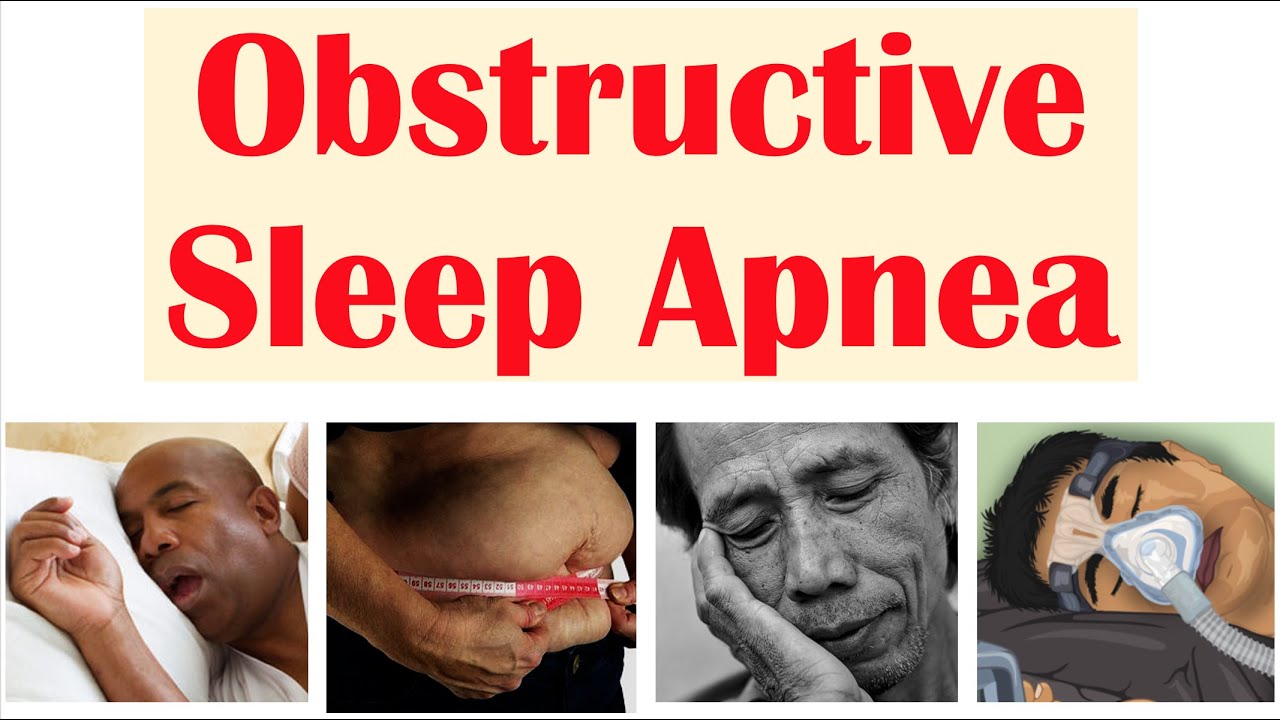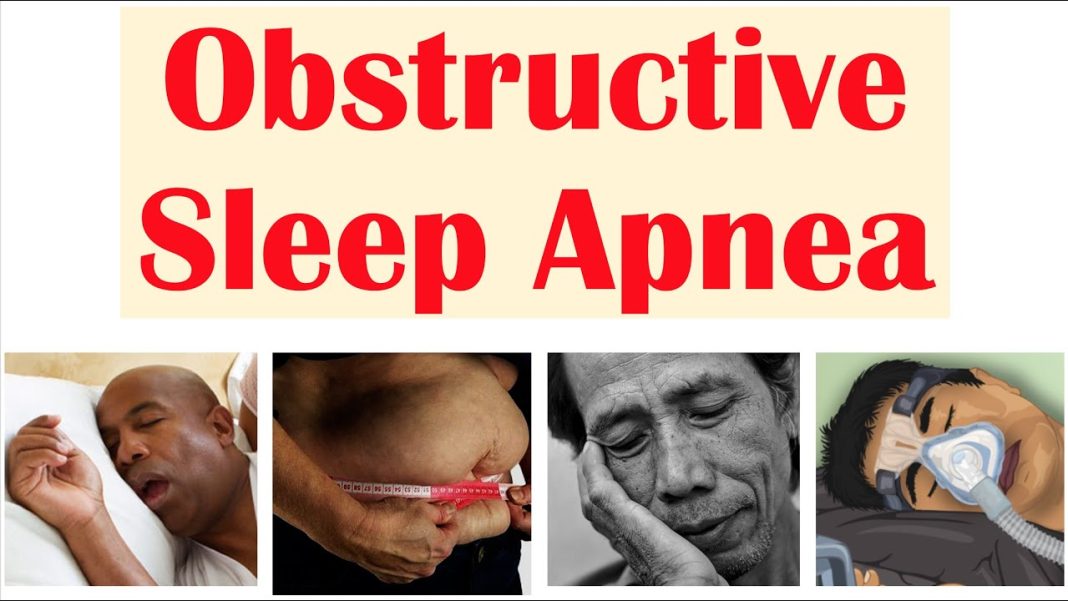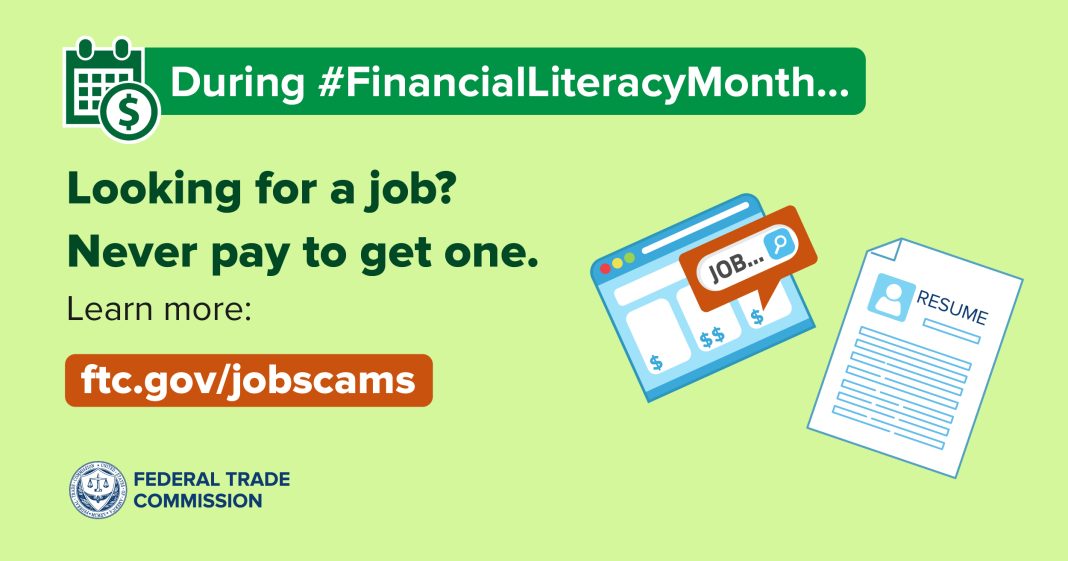 Eli Lilly, a pharmaceutical giant, has applied for U.S. approval of its weight loss drug Zepbound to treat obstructive sleep apnea (OSA), a common sleep-related breathing disorder. The company expects regulators to make a decision by the end of the year and plans to launch the drug at the beginning of 2025 if approved. Zepbound has shown promising results in resolving OSA, with almost half of the patients experiencing improvement in the disorder.
Eli Lilly, a pharmaceutical giant, has applied for U.S. approval of its weight loss drug Zepbound to treat obstructive sleep apnea (OSA), a common sleep-related breathing disorder. The company expects regulators to make a decision by the end of the year and plans to launch the drug at the beginning of 2025 if approved. Zepbound has shown promising results in resolving OSA, with almost half of the patients experiencing improvement in the disorder.
The new data presented by Eli Lilly at the American Diabetes Association’s Scientific Sessions in Orlando, Florida, adds to the growing evidence that weight loss and diabetes treatments can have additional health benefits. These treatments have gained popularity and faced shortages in the U.S. over the past year. The positive results from the trials also pave the way for Eli Lilly to gain broader insurance coverage for Zepbound, as many insurance plans currently do not cover weight loss drugs.
OSA is a condition characterized by interrupted breathing during sleep due to narrowed or blocked airways. It affects an estimated 80 million patients in the U.S., with around 20 million having moderate-to-severe forms of the disease. However, 85% of OSA cases go undiagnosed, according to Patrik Jonsson, president of Eli Lilly diabetes and obesity. OSA can lead to complications such as stroke and heart failure, and patients with the condition have limited treatment options aside from wearing masks connected to machines that provide positive airway pressure.
The trials conducted by Eli Lilly involved adults with moderate-to-severe OSA and obesity. The first study examined the use of Zepbound in patients not on positive airway pressure (PAP) therapy, while the second trial focused on patients already on PAP therapy. The results showed that a significant percentage of patients who took the highest dose of Zepbound achieved “disease resolution,” meaning they experienced fewer than five apnea-hypopnea index (AHI) events per hour. The AHI measures the number of times per hour a person’s breathing shows a restricted or completely blocked airway.
Zepbound also led to a reduction in AHI events, with patients seeing a greater than 50% reduction compared to those on a placebo. In the first trial, 62.3% of Zepbound users experienced this reduction, while in the second trial, 74.3% saw a similar improvement. The drug was successful in meeting its main goal of reducing AHI events.
The FDA has granted Zepbound “fast track designation” for patients with moderate-to-severe OSA and obesity, ensuring a quicker review process for drugs that address serious or life-threatening conditions and fill an unmet medical need.
Overall, Eli Lilly’s Zepbound shows promise in treating obstructive sleep apnea and could provide relief to millions of patients suffering from the disorder. The drug’s potential to resolve OSA and reduce the need for cumbersome PAP machines is a significant breakthrough. With additional data supporting its effectiveness, Zepbound could help improve the quality of life for individuals with OSA and potentially lead to broader insurance coverage for weight loss drugs.


